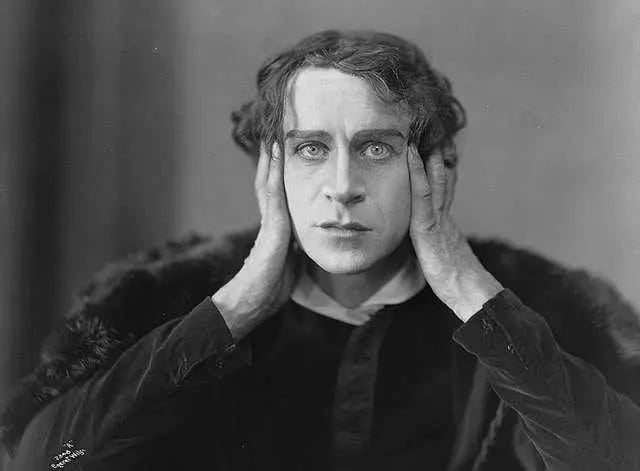The opening of Hamlet's first soliloquy (Hamlet #21)
An accessible read-through of Shakespeare’s Hamlet (Blog 21) (Act 1, Scene 2)
Everyone exits the court, leaving Hamlet alone. In Kenneth Branagh’s Hamlet (1996), Branagh lets out a deep breath and keels over at this point, as if he’s been holding it together for everyone and only now lets himself go.
O that this too too sullied flesh would melt,
Thaw, and resolve itself into a dew;
‘Resolve’ takes its old meaning, ‘dissolve’. Hamlet wishes his flesh would melt away, thereby putting an end to suffering.
Or that the Everlasting had not fixed
His canon ‘gainst self-slaughter.
Hamlet wishes God had not forbidden suicide. In Elizabethan times, the belief was strong that suicide would land the perpetrator in hell.
O God, God,
How weary, stale, flat, and unprofitable
Seem to me all the uses of this world!
Hamlet sees the world as stale, dull and worthless. He sees no value in the routine of human existence. The term ‘uses’ highlights the notion of ‘utility’, of the need to do things. Hamlet sees no purpose in acting in the world.
Fie on’t, ah, fie, ‘tis an unweeded garden
That grows to seed. Things rank and gross in nature
Possess it merely.
Hamlet refers to the State of Denmark through an untended garden metaphor. Things rank and gross have taken hold since the death of King Hamlet. The term ‘nature’ in ‘gross in nature’ refers to the incestual relationship between Claudius and Hamlet’s mother.




